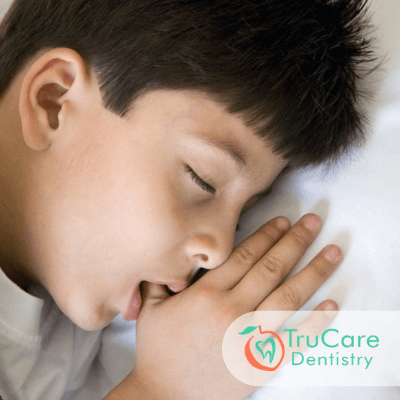
Undoubtedly, parents have a myriad of concerns for their kids. As a parent, you want your child to grow up healthy without incurring any habits that would risk their proper development. Thumb sucking is one thing that most makes parents worrisome as the babies grow and become toddlers. Often, parents wonder if the habit will last or if they have to seek help to stop it. Thumb sucking is usually considered normal with age up to 2, but this habit lasts a little longer for some children.
Here, in this article, we are focusing on the effects of thumb sucking on dental health.
Does thumb sucking habit damage teeth?
Not all thumb sucking ends in damage to the teeth or mouth. For instance, passively keeping the thumb in the mouth does not typically cause any harm. But, active thumb sucking with a lot of movement can damage the primary (baby) teeth (though it ordinarily corrects itself as the permanent teeth come in). A continued, vigorous thumb sucking habit can seldom cause misalignment of your child’s permanent teeth and affect the jaw or the mouth’s shape or roof. Besides, thumb sucking also exposes your child to bacteria, viruses, or dirt.
Thumb sucking is one of the common habits seen in children of younger ages. But, when to discourage a child from sucking their thumb depends on many factors. According to the American Dental Association, the most suitable time to discourage thumb sucking is by age four. By this time, continued sucking could begin to affect your kid’s mouth and growing jaw and teeth, probably causing permanent teeth to be misaligned.
Now, let’s focus on how thumb sucking affects.
Obstacles with Malocclusion
Prolonged thumb-sucking can cause malocclusion problems or a misalignment of the upper and lower teeth. The most frequent malocclusion that develops is known as an open bite. An open bite means that the front upper and bottom teeth do not reach one another, even when the mouth is closed.
Another one overbites can occur due to excessive thumb sucking. Overbites mean that the front teeth exaggeratedly overlap the bottom teeth, creating issues with how the front teeth function. Typically, thumb-sucking for a long time can produce gaps and incorrect alignments of the teeth and jaw. This can make it challenging for your child to chew and bite into foods.
Effects on Jaw and Facial Development
As children grow, the jaw and face will make notable changes from infancy to adolescence. Constantly sucking the thumb or using a pacifier can influence the orofacial complex’s development, including the jaw, muscles of the mouth, face, and teeth. The reoccurring pressure from the extreme sucking motion forces the teeth to shift in an unusual direction (this may affect the child’s overall facial structure).
Impaired speech development
Chronic thumb-sucking can even affect a child’s speech. This is usually due to the open bite or overbite that develops due to the prolonged thumb sucking habit. The tongue will tend to push forward through the teeth with children who habitually suck their thumbs. Sometimes the poor tongue control caused by the habit can result in a lisp or difficulties with S, Z, L, and R sound, in particular.
Besides, it’s so essential for babies to babble and practice various sounds by shaping their mouths and using facial muscles. Infants or toddlers who excessively suck their thumbs or rely on a pacifier often miss out on essential opportunities to develop and practice these formative language skills. Even though this is not an issue directly related to the teeth, it’s worth stating while focusing on the effects of thumb sucking on oral health.
How Dentist Can Help With These Problems
When you visit your dentist for your child’s regular checkups, the dentist will examine her teeth to monitor for signs of cavities and other dental problems. This exam may include an x-ray of the teeth working on to break the thumb sucking habit for a kid, positive reinforcement with gentle reminders works well.
Once your child enters an appropriate age, several orthodontic treatments will correct even the most severe malocclusion. Your dentist will suggest the best proper methods to treat the dental problems of your little ones. We take utmost care while offering dental services for children at TruCare Dentistry. We try our best to make your child comfortable while you visit our clinic for her dental check-ups or treatment. Whether you are looking for emergency dentistry for your kids or any other dental services for children, we are at your service. Give us a call to schedule an appointment, and let us help you to keep your child’s oral health in good shape.
